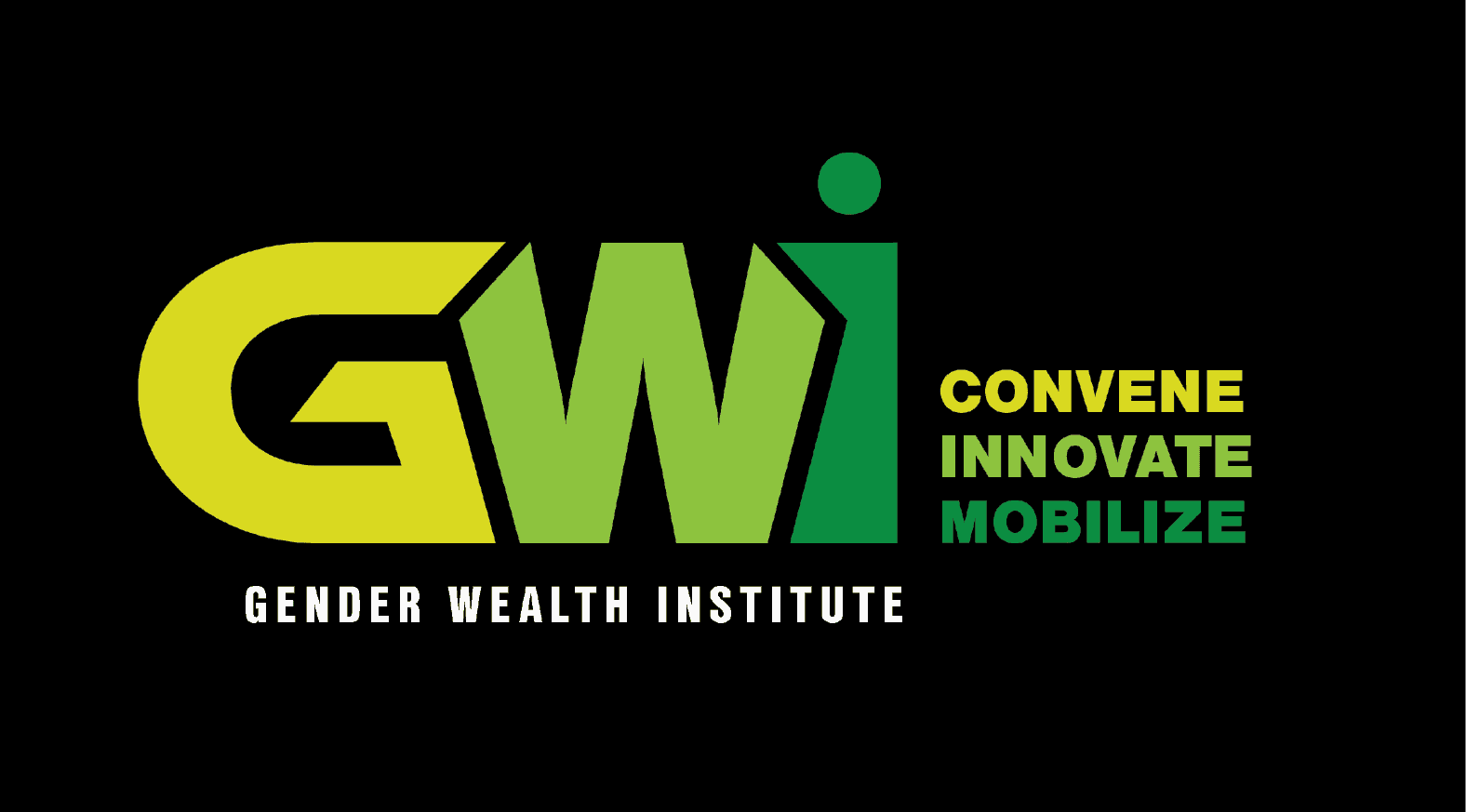FINANCIAL COACHING PILOT
The Gender Wealth Institute will build on the partnerships formed and learning achieved from a two-year pilot program conducted from 2018-2020. This pilot program focused on incorporating financial coaching services into early care and education programs. The financial coaching pilot empowered clients with long-term, goal-oriented, structured support.
PILOT RESULTS: OVERVIEW
40
PARTNER
CENTERS
289
CLIENTS
490
GOALS
COMPLETED
67% CLIENTS IMPROVED FINANCIAL CAPABILITY
CLIENTS WITH A GOAL TODECREASE DEBT,PAID OFF A TOTAL OF$150,806Mean Amount: $2,600
CLIENTS WITH A GOAL TOINCREASE SAVINGS,SAVED A TOTAL OF$200,221Mean Amount: $2,705
LOOKING TO THE FUTURE: FINANCIAL COACHING TRAINING PROGRAM
Over the next five years, GWI’s goal is to improve the financial health of 67,500 low-wealth women and girls in the region through building the capacity of 225 organizations to integrate financial coaching into programs that work to improve the financial health of women and girls such as housing assistance, workforce training, and reentry programs.
In January 2021, we launched the Financial Coach Training Program (FCTP) which is a 6-month program designed to assist case managers and other client-serving individuals in learning how to utilize and integrate financial coaching to improve clients’ financial health. Through this training program, GWI offers an opportunity for nonprofit partners to improve the capacity of their employees through professional development and the ability to offer a new service to their clients.
The Financial Coach Training Program was made possible by the following key investors:
BLBB Charitable invested a 3-year grant of $150,000.
J.P. Morgan Chase & Co invested $75,000 as the 2023 WOMEN’S WAY Signature Sponsor.
Wells Fargo invested $70,000 over 3 years.
FCTP Goals:
- Improve the financial health of women experiencing economic insecurity.
- Provide access to effective and personalized financial coaching to women experiencing economic insecurity
- Train 13-15 organizations (2 people per organization) per cohort on financial coaching techniques and provide support on integrating coaching into programs and services.
- Invest in providers as agents of power through executive-level coaching
- Reach 1,300-1,500 women (average of 100 per organization) within a year
- Provide an opportunity for participating organizations to integrate and test the coaching methodology with the support of a cohort of peers
Key FCTP Components:
- 4-Day Training for Financial Coaches
- 1-Day Training for Supervisors/Manager
- Monthly Peer-to-Peer Learning sessions
- Monthly Workshops on Specific Financial and Coaching Topics
- One-on-One Executive Level Coaching Sessions for Financial Coaches
FCTP COHORTS
- First Cohort: January-June 2021
- Second Cohort: October 2021 – April 2022
- Third Cohort: March – August 2022
- Fourth Cohort: June -November 2022
APPLICATION PROCESS:
Up to 15 organizations and 45 individuals (3 individuals per organization: 2 coaches and 1 supervisor) will be able to participate in the each cohort. To learn more, attend an upcoming information session (Dates TBA). To be considered, each person must complete an online application. The application process will open January 2022 for the third cohort.
LEARN MORE:
For more information about the training program, please contact Kelly Sheard, the Director of the Gender Wealth Insititute at ksheard@womensway.org.
First Cohort – Completed in June 2021
13 organizations serving domestic violence survivors, women seeking employment, immigrants, and female returning citizens participated in the training program. 26 service providers were trained to be financial coaches and 13 supervisors were trained to support the coaches.
List of Organizations that participated in the first Cohort
- African Cultural Alliance of North America
- African Family Health Organization (AFAHO)
- Compass Working Capital
- EDSI
- Esperanza
- Financial Wellness Institute
- Gaudenzia House of Passage
- Lutheran Settlement House
- Lutheran Settlement House-BDVP
- Orion Communities
- West Philadelphia Skills Initiative
- Why Not Prosper
- Women’s Resource Center of the Delaware Valley
- YWCA Tri-County Area
“I loved being a part of this cohort because it was great to see the women build relationships with money. Even after the training is over, our ladies are continuing to repair their credit and save while building finanical security for the future. Thank you for allowing us to be part of this program! You only get out of it what you put in it.”




